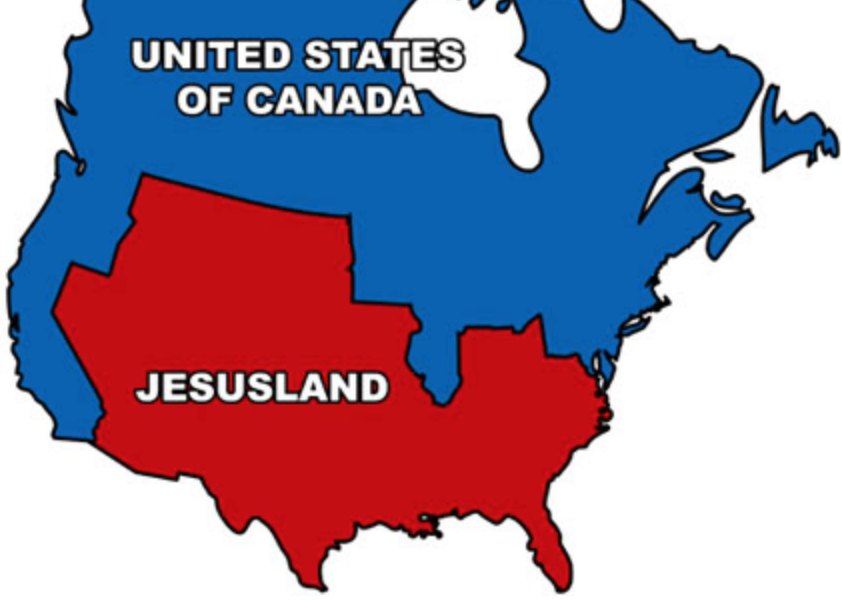I must admit that I have not had the time to dig into the 666 million words or so (that’s an estimate) of news and commentary dedicated to the death of the Rev. Pat Robertson. It’s hard to do much reading when at the wheel of a car for about 1,400 miles (and that was the return trip).
But I do have some thoughts on the passing of the charismatic quote machine that journalists loved, loved, loved to hate (see my 2005 commentary for the Poynter Institute). If Robertson didn’t exist, blue-zip-code pundits would have created him ex nihilo.
Truth be told, I never met the man — even though, technically speaking, I briefly worked for him during a failed 2000 attempt to build a D.C. beltway-based master’s degree journalism program for Regent University.
How to describe Pat Robertson?
First and foremost, he was a media maven and entrepreneur, creating the Christian Broadcasting Network in 1960. Years later, he sold the Family Channel for something like $2 billion. Love it or hate it, the niche-news and commentary DNA of The 700 Club can be found all over the place on cable television.
For journalists, he was mainly a political activist — playing a major role in the creation of the Christian Coalition. In 1988 he made a surprisingly relevant attempt to win the White House, seeking the Republican nomination. He was the son of a U.S. senator and, before jumping into media work, graduated from Yale Law School and New York Theological Seminary.
The media entrepreneur poured millions of dollars into academica, with the creation of Regent University — which only offered graduate-school degrees in subjects that Robertson considered culturally significant (such as law and mass communications).
Robertson was a bestselling author, with the help of numerous ghost writers (including a major gay-rights pioneer).
I would argue that his most significant achievement was helping merge the charismatic movement into mainstream evangelical Protestantism, adding doctrinal elements of Pentecostalism into the rapidly growing world of post-denominational Christianity in America and around the world.
But here is the big journalism question: Why do so many mainstream journalists call Robertson an “evangelist,” even though crusades and public preaching of that style were never part of his life and work?










